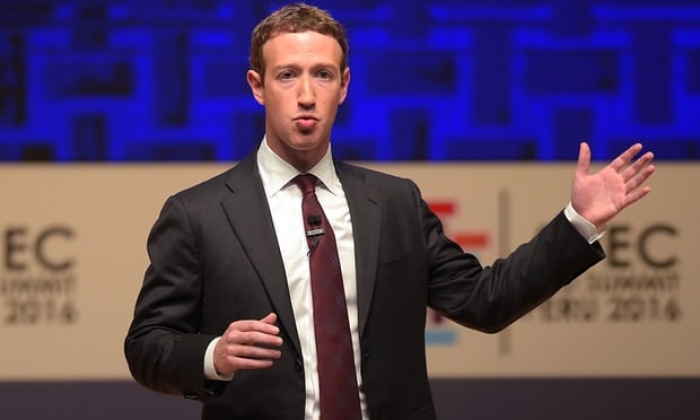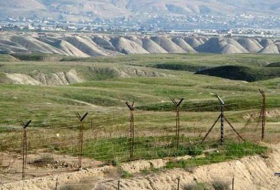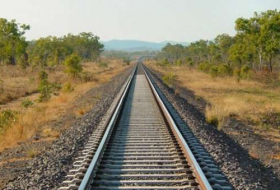“That’s more people than died from Aids at the peak of the Aids epidemic. That’s more Americans that died in the whole of the Vietnam War. It’s more people than die of car accidents and gun violence I think combined, and it’s growing quickly,” he added.
Zuckerberg’s eyes welled up as he talked about his encounters with communities affected by the crisis. He described sitting down with a group of recovering heroin addicts in Dayton, Ohio, and hearing a woman say how when she was an addict her objective with shooting up was to get as close to death as she could without dying. He mentioned another man whose thought upon seeing his friend overdose was “I wonder who that guy’s dealer is because that must be really good stuff”.
“So this is like ... just intense,” said Zuckerberg, speaking in a 50-minute Q&A at the University of Kansas.
Zuckerberg made his comments about opioid addiction the day after former Facebook president Sean Parker used the language of addiction to criticize the social network, stating that features such as the “like” button were designed to give users “a little dopamine hit”.
The Facebook CEO also highlighted the impact of opioid addiction on the broader community, including the strain on police resources and the employable workforce, referencing an Alabama shrimp fisherman who couldn’t find people to work on his boat because so many people were hooked on opioids.
The “good news”, he added, is that there is a roadmap for dealing with these kinds of crises – as demonstrated by France, which had its own opioid crisis in the 1990s and 2000s.
Zuckerberg and his wife Priscilla Chan have pledged billions to tackling disease through their philanthropic organization the Chan Zuckerberg Initiative. The Guardian contacted the organization to find out if it would be allocating any funds to tackling the opioid crisis, but received no response.
The tech CEO’s photogenic trip around 30 states in America to meet people in communities outside of his Silicon Valley bubble has led many to speculate that he plans to run for president – something the CEO and the company have repeatedly denied.
For Zuckerberg, many of the answers lie not in government, but in the vague concept of “community” – which conveniently ties into the company’s updated mission statement, announced in February.
The year-long trip around the country has had a profound impact on how Zuckerberg views himself and his approach to tackling complex problems.
“I started this year as an engineer and now I’m wrapping it up thinking of myself as more of a community builder too,” he said.
Being a community builder as well as an engineer requires the ability to not only solve problems but to “share values” and “support people”, he explained.
Zuckerberg highlighted some of the positive communities on Facebook that bring parents or sufferers of rare diseases together, without mentioning the way that the social network provides a handy way for neo-Nazis to organize.
The tech billionaire’s failure to acknowledge the downsides to technological development has led some, including Elon Musk on the topic of artificial intelligence, to criticize him as naive. However, towards the end of the session Zuckerberg explained where his relentless optimism comes from.
“Optimists tend to be successful and pessimists tend to be right,” he said. “If you think something is going to be terrible you are going to look for data points to prove you are right. You will find them. That’s what pessimists do.
“But if you believe something can work […] you are going to look for a way to make it happen. Even when you make mistakes, even when people doubt you, you are going to keep pushing forward and make it happen.”
“The world is full of pessimists right now. There’s no doubt we face a lot of challenges and we have a lot of responsibility and work to do. But we also have a responsibility to remain optimistic so we can solve these problems because optimists are the only ones that will.”
More about:
















































